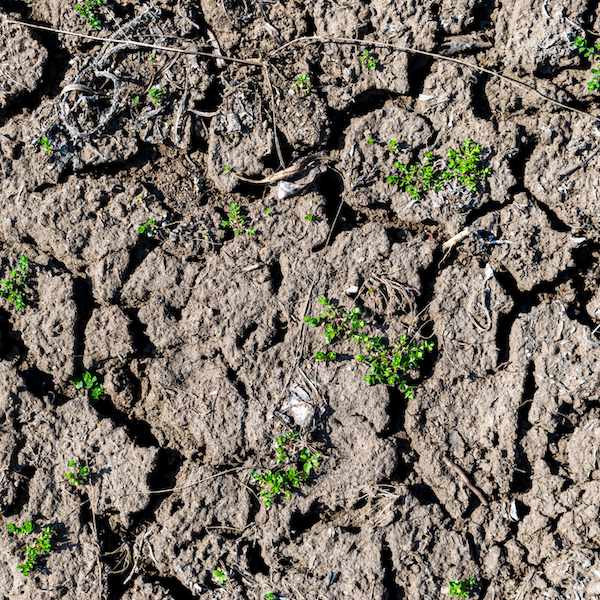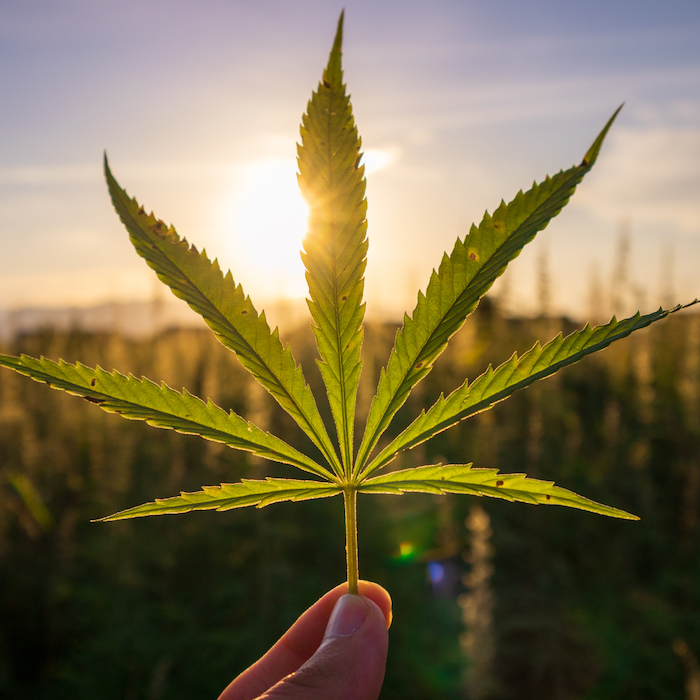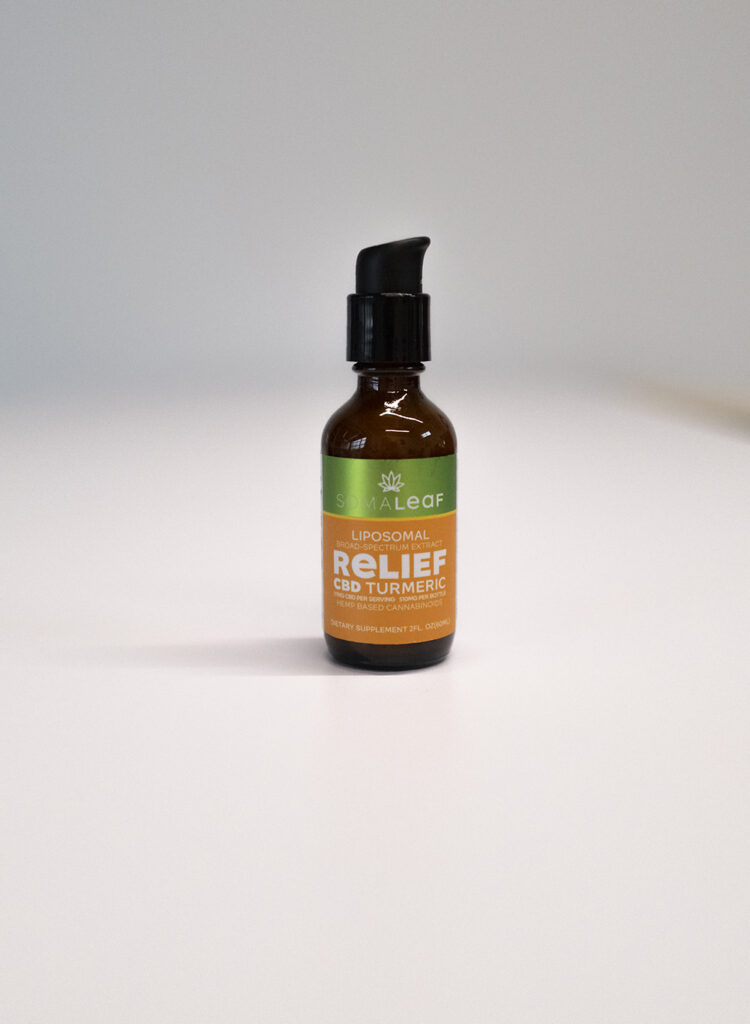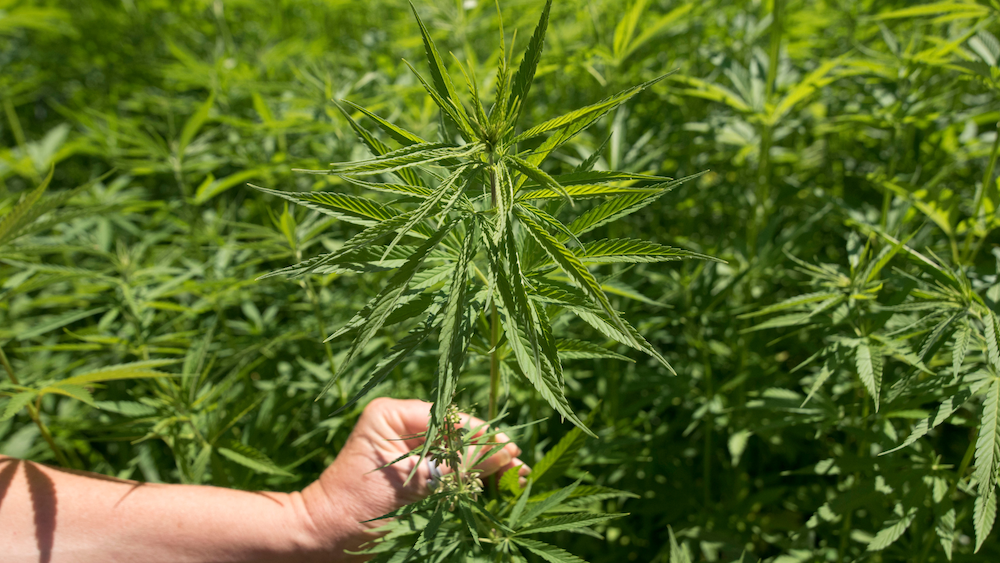One of the amazing things about CBD is its positive impact on the environment.
In fact, after reading this blog, you’re likely going to be frustrated that it was outlawed for so long. But you’ll also be grateful its use is becoming much more commonplace.
Read on to learn 7 ways CBD supports the environment.
CBD’s impact on the environment mainly comes down to the astounding hemp plant and how it grows harmoniously with its environment. See, CBD is derived from the hemp plant, meaning, when you support CBD companies, you support these beneficial hemp farms.
Check it out…
1. Soil nutrient restoration
Nutrients within the soil are an integral part to a plant’s diet and survival. However, crops suck these nutrients from the soil, leaving it devoid of sustenance. But it’s different with hemp. The hemp plant actually helps replenish and restore the natural levels of soil nutrients, leaving it better than it found it!
Not only does the intricate root formation of the hemp plant keep the ground intact, but it also refuels the soil with essential minerals. It does so by turning carbon dioxide into organic mass, which fertilizes the soil, maintaining its quality. Isn’t it mind-blowing how this simple plant provides exceptional health benefits AND supports the ecosystem?

2. Soil erosion prevention
A growing problem of our modern world revolves around losing land to erosion – an occurrence where the topsoil is worn down by the elements and no longer fit for growing. This issue has wreaked havoc in many nations, in some cases even resulting in famine. As such, countries all around the world are trying to figure out a solution to put a stop to soil erosion, and we’ve finally seen a ray of hope.
As mentioned before, the hemp plant has a unique root system that holds the ground in its place, preventing the soil from sliding away. If an area has enough hemp plants, neither wind nor rainwater will be able to move the ground. Therefore, hemp cultivation could protect the soil of the land we grow on, allowing us to not have to continuously deforest and cultivate new land.
3. Toxin filtration
Amazingly, the hemp plant naturally filters out toxins from the ground, making it more suitable for other species to survive. This technique has even been utilized at the radiation zone in Chernobyl.
The secret lies within the plant’s phytoremediation ability – a process in which plant flowers and stems can absorb chemicals and eliminate them from the soil without depleting the existing nutrients. This is how hemp farms can restore the land and help support our environment.
4. Reduces the need for medication
As you may know, CBD has the power to alleviate a number of ailments, such as anxiety, pain, depression, and more. As such, CBD can help reduce the need for medications in some cases. This is good news for the Earth, as the production of medication can have some adverse effects on the environment.
5. Reusable biomass

There is more to hemp than just consumption. With hemp, we can make paper, plastic, textile, and many other products using hemp biomass. Since nothing is frittering away, the product can help reduce industrial waste on a large scale.
Moreover, scientists are also eager to use hemp biomass as fuel. If successful, this will minimize the need for fossil fuels, which triggers environmental degradation on so many levels. Also, this type of fuel would be far cheaper than fossil fuels.
6. Low maintenance nature
Considering the above point, you might be wondering if a large-scale production of hemp for fuel would require a lot of land and resources. But thankfully, hemp is very low maintenance in nature.
A high-yielding plant, hemp can produce a large quantity of material in a short time, using minimal water and space. For this reason, large-scale hemp cultivation wouldn’t be a problem.
7. A natural repellant of pests
We are all aware of how pesticides and other insect repellent sprays can deteriorate our environment. It has raised alarms all around the globe because pesticide pollution poses a threat to human health. On top of that, it harms the environment. Animal and plant life are also affected by these chemicals running off into the ecosystem.
Thankfully, when it comes to hemp, there’s no need for pesticides. That’s because hemp is naturally repellent to pests and insects thanks to natural compounds within the plant.
In addition to this, hemp is very tightly packed when grown, which leaves no room for weed outbreaks. As such, there’s also no need for anti-weed chemicals either – a double-win for the environment!
In conclusion

Amidst the global environmental chaos, the hemp plant has the potential to solve various modern problems. It’s incredibly amazing how hemp cultivation can help restore environmental stability and also boost industries at the same time.
Just by using CBD, you’re supporting the growth of hemp, which supports the soil and environment around it. Way to go!
Did you know that here at SomaLeaf, we use a single origin, organic, and non-GMO hemp supply grown in California?
It’s true!
Our hemp farmers also use progressive, organic, and sustainable farming techniques for the highest quality and most environmentally-friendly hemp possible.
To see how this adds to our high-quality formula…





